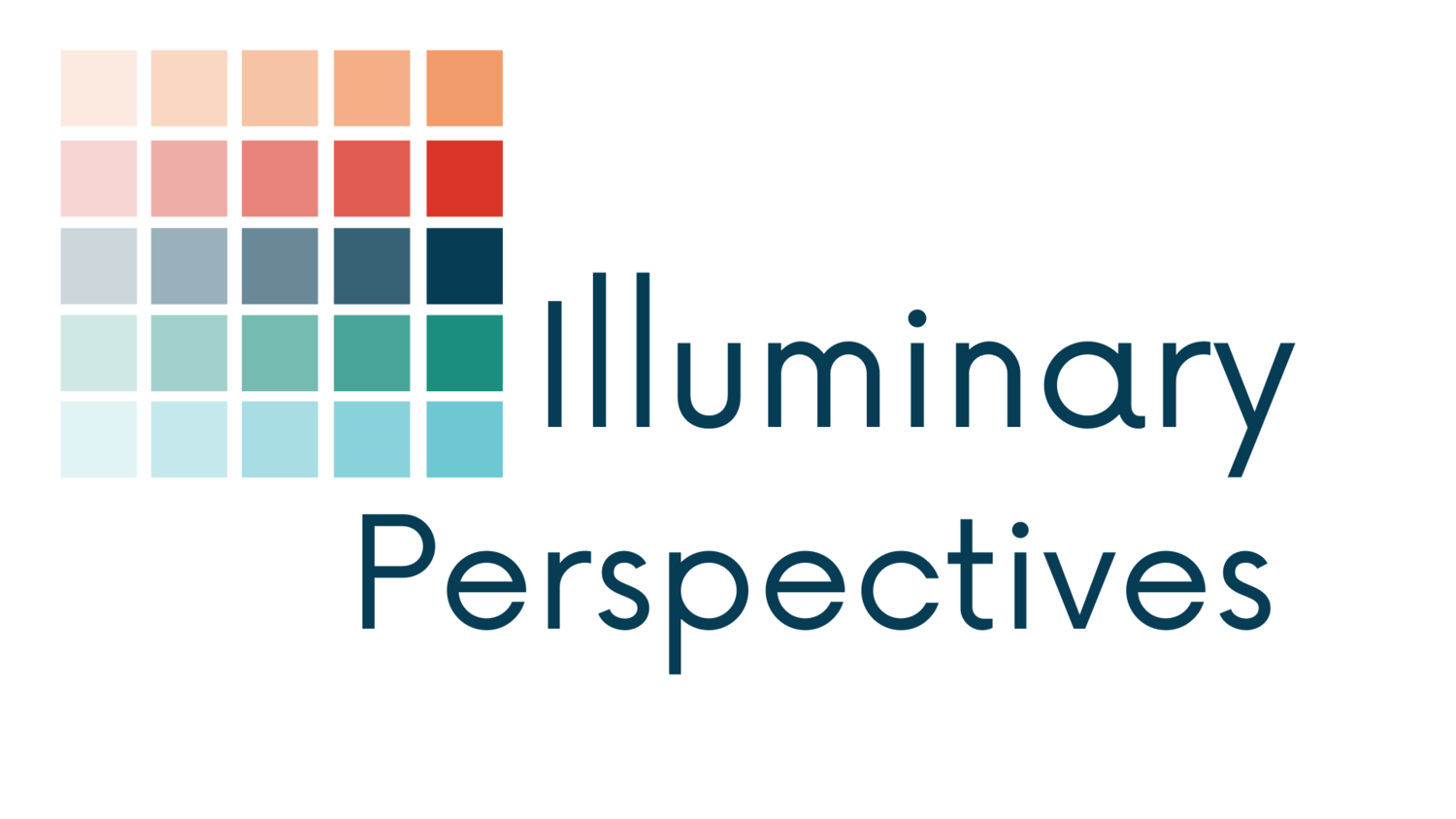
Current Perspectives
A learning organization is a resilient organization
Purpose-driven organizations face challenges every day - from inside the organization and out in the community or system. That is why resiliency is a critical aspect to build in your organization. One of the often overlooked characteristics of a resilient organization is their emphasis on learning.
Overcoming Barriers to Learning
By engaging in the ongoing, daily process of learning, your organization can improve your impact, program experience, and staff morale. But we (including myself) have a tendency to jump too quickly to tactics for reflection and learning. Without identifying and addressing the barriers to learning that are present within our organizations, we are not going to be able to make any sustained progress. You can provide the evidence and build learning habits, but if you don’t address the barriers to learning, people won’t be able to practice them.
Your secret tool for learning: Articulating assumptions
We all make assumptions. Every day. It’s how our brain works. Our subconscious makes connections and shortcuts based on our background, experiences, identities, and contexts. Assumptions are ideas or beliefs about what is true or expectations of what will happen, often without proof and generally unspoken. Assumptions can be a powerful tool in your learning and evaluation work. We just aren’t used to articulating them in a way that makes them useful.
Thinking and feeling through data
Engaging in meaning making and reflection isn’t easy. You engage in learning and evaluation efforts to do your work better and have a deeper impact, but how do you go from gathering evidence and data to making those changes? That’s where meaning making comes in. One of my favorite ways to go from data to action is the Think, Feel, Wonder, Do activity.
Closing the loop: Reflect, engage, adapt
You’ve asked your meaningful question, you’ve gathered your intentional evidence connected to that question. Now it’s time to answer (as best you can) that meaningful question by reflecting on and engaging with your evidence and engaging with others. And remember that when meaningful questions are answered, they change the way you work.
Intentional evidence is all around
Gathering intentional evidence shouldn’t be intimidating. Fostering curiosity about your meaningful question(s) will make you want to seek out this evidence to deepen your understanding about your work, your communities, and your impact.
Better learning through better questions
Not all questions are created equal. Purposeful learning starts with asking meaningful questions.
Embracing learning with a purpose
Purposeful learning is a mindset, approach, and process that will help you do your work more effectively and deepen your impact.









